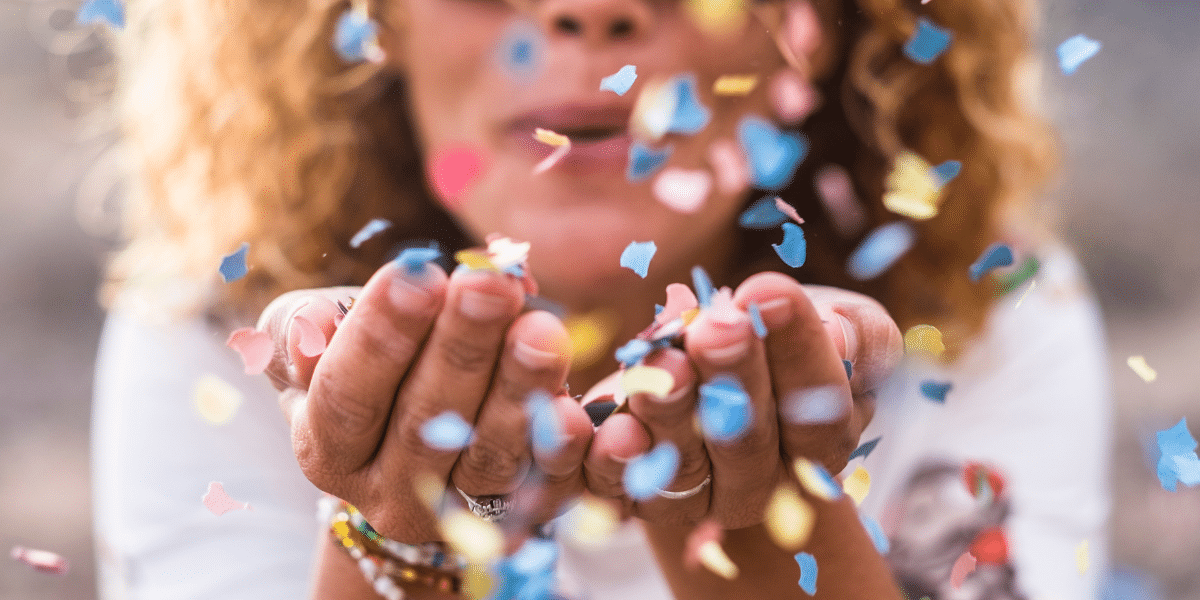Wisdom Wednesday – Self Confidence

For those of you that don’t know me well, amongst other things I’m a Productivity Life Coach and a practising Buddhist.
When I say I practise Buddhism, what I mean is that I not only subscribe to Buddhist beliefs and ideals but I also practise meditation and study the teachings provided by my spiritual guide.
The thing I love the most about both Life Coaching and Buddhism is that they both involve managing your thoughts and your mind.
Now I’m fortunate to live in Tasmania where life is functioning pretty close to normal post-COVID.
So much so that I can actually say “post-COVID”.
And this means that my Buddhist centre has been able to start up our weekly face-to-face drop-in classes again.
Now in these classes our resident teacher shares with us the complex teachings of our spiritual guide in a simple and real-world way.
So, last night I attended our first drop-in class for the year and the topic was self confidence – which really got me thinking.
Now, as a life coach, if someone came to me and said that they wanted to build their self confidence. I would tackle it from the point of view of:
Thoughts create feelings – which drive actions – which create results.
So, we’d look at how they are currently unintentionally feeling.
What thoughts they’ve got going on in their head, that are creating this feeling. And then what actions and results this feeling is currently creating for them.
Then we’d switch that around and we’d go, okay so what you want to feel intentionally is confident and we’d look at the thoughts, actions and results that relate to that would create that feeling for them.
Now that’s a very simplified version of the Model that I use – but basically that’s how I approach it from a life coaching perspective.
However Buddhism approaches self confidence from a relatively different and really interesting point of view.
One of the most important Buddhist teachings or practices that we aim to master is patient acceptance.
Patient acceptance is essentially the practice of welcoming and accepting wholeheartedly things exactly as they are – not as we wish they would be.
That is the important distinction. So it’s a practice of letting go of our attachment to our own expectations, wants and desires and just being with things as they are. And this includes ourselves.
Now this doesn’t mean that we can’t recognise our faults and change things that we want to change about ourselves. It just means that we accept ourselves where we are right now, exactly as we are right now with patience, understanding and compassion. And this, unsurprisingly is the key to self confidence.
From a Buddhist perspective and for the sake of this conversation there are three tendencies we as humans have when it comes to our thoughts about ourselves.
- We exaggerate and focus on our good qualities
- Or we exaggerate and focus on our less desirable qualities
- Or we deny and try to hide our less desirable qualities both from ourselves and others.
So in other words, we don’t practice patient acceptance or self confidence.
To achieve self-confidence, what we want to aim for is humility. A mind that quietly and from a realistic perspective knows and accepts both our good and our less desirable qualities exactly as they are. Without the weight of our own judgements, expectations, wants and desires.